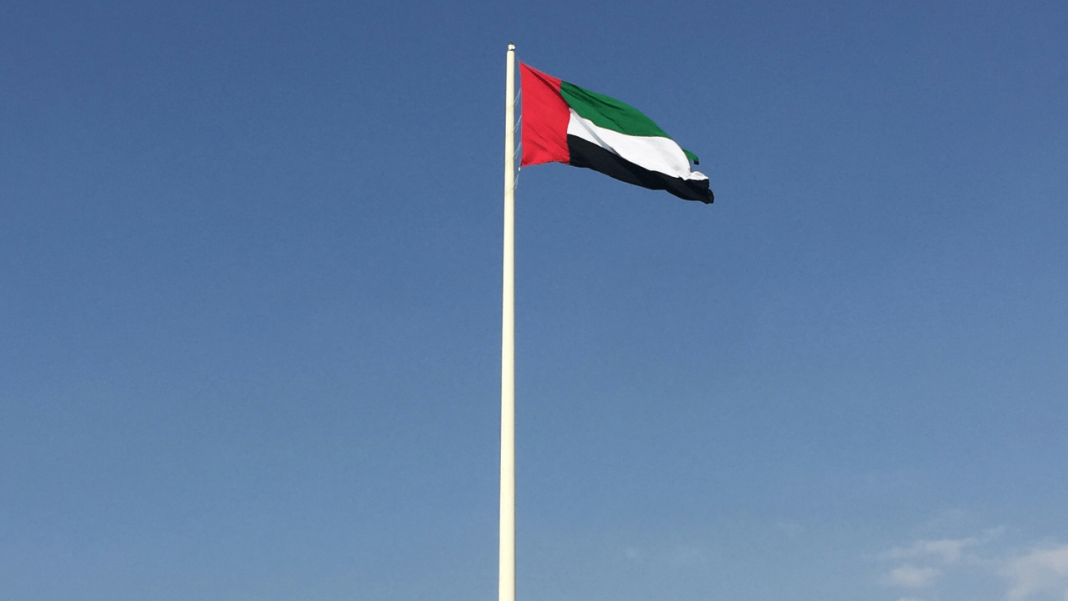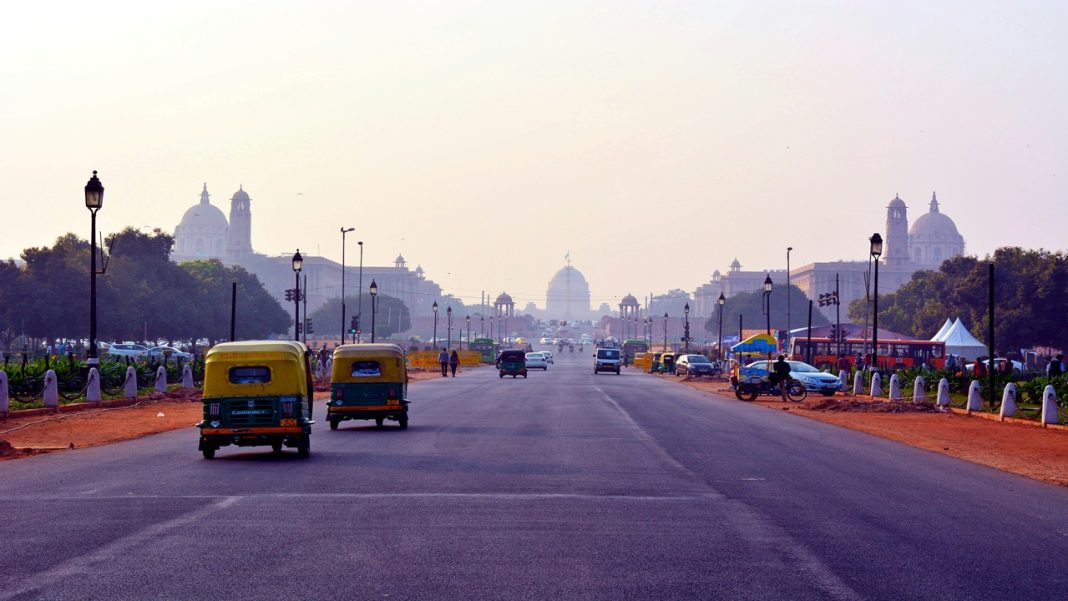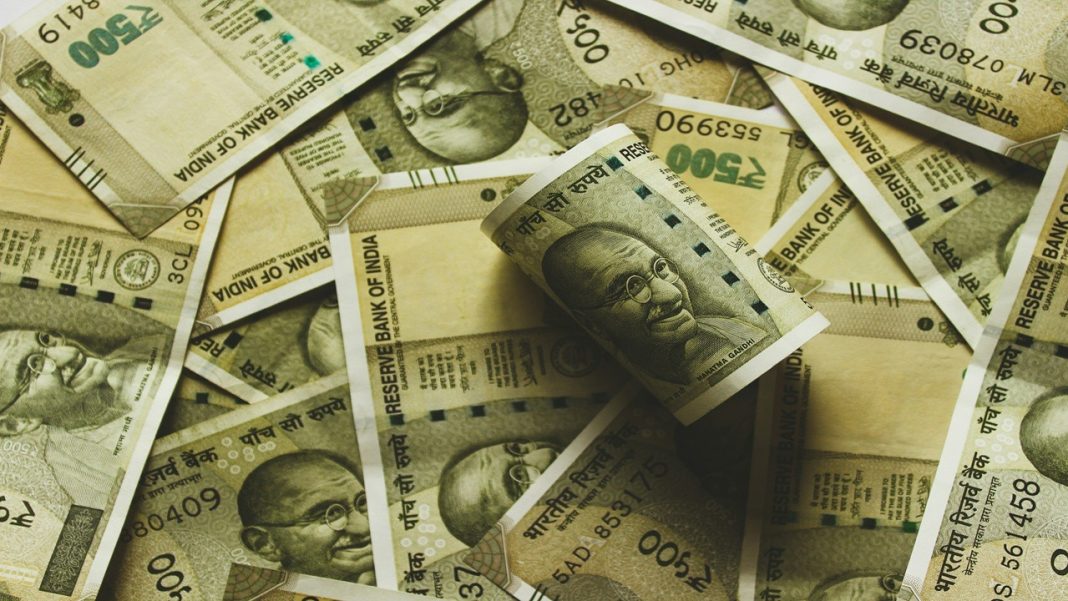The latest U.S. News & World Report rankings have recognized the United Arab Emirates as the most economically stable country in the world. Achieving this distinction amid global economic uncertainty highlights the UAE’s fiscal resilience, investor confidence, and strategic governance. The survey assessed 89 countries, measuring economic stability as a key indicator of national competitiveness, quality of life, and long-term sustainability.
UAE’s Historic Milestone in Economic Stability
The UAE’s first-place ranking is a historic achievement for the Gulf region, surpassing traditional leaders like Switzerland, Germany, and Canada. With a population of 9.52 million and a GDP of $504 billion, the UAE enjoys a high per capita purchasing power of $83,903. Its economic strength stems from diversification beyond oil, developing thriving sectors such as tourism, real estate, financial services, and technology.
Strategically located on the southeastern Arabian Peninsula, the UAE leverages world-class infrastructure, investor-friendly policies, and smart urban development to position itself as a global business hub. This transformation reflects its commitment to long-term economic stability and growth.
Global Economic Rankings Overview
- Switzerland – 2nd place, GDP per capita $92,980, renowned for banking and political stability.
- Germany – 3rd place, Europe’s largest economy with a GDP of $4.46 trillion.
- Canada – 4th place, leveraging natural resources, stable governance, and technological innovation.
Other top-ranking nations include Australia, Sweden, Denmark, Netherlands, and Saudi Arabia. The United States ranked 13th, while Gulf neighbors Qatar and Kuwait also performed strongly.
The UAE’s top-ranking underscores how sound fiscal policies, economic diversification, and forward-thinking governance can achieve long-term stability. Its success serves as a model for emerging economies in Asia and beyond, showing how strategic planning and investor confidence can drive sustainable growth.



